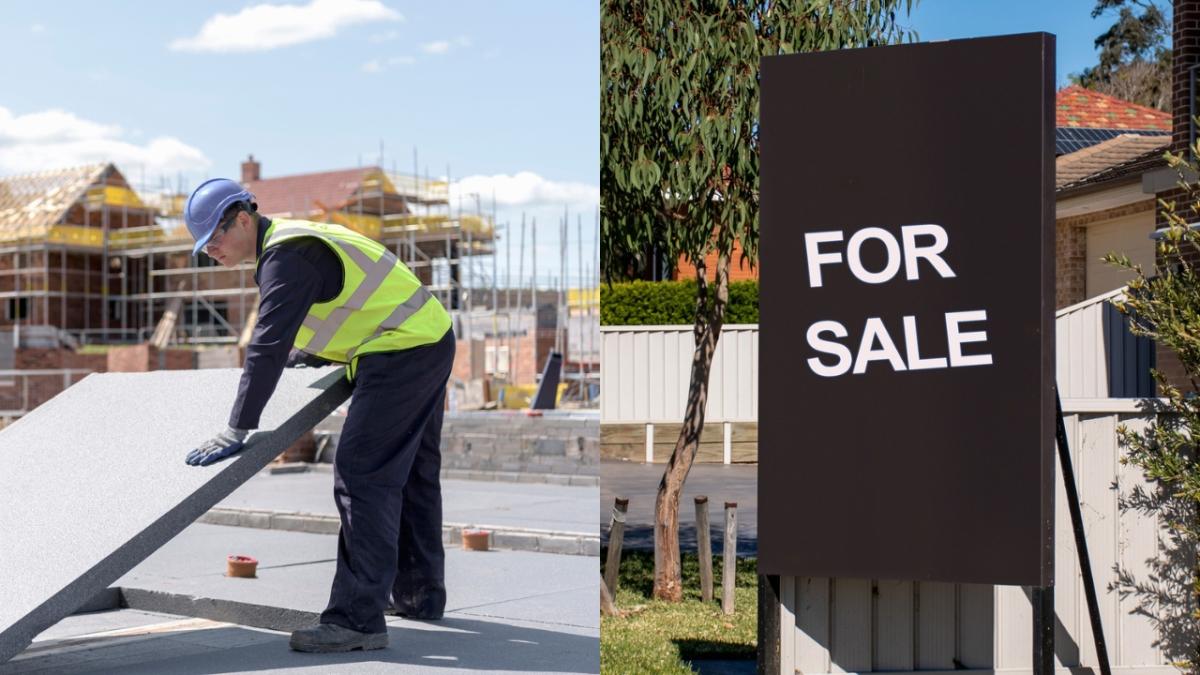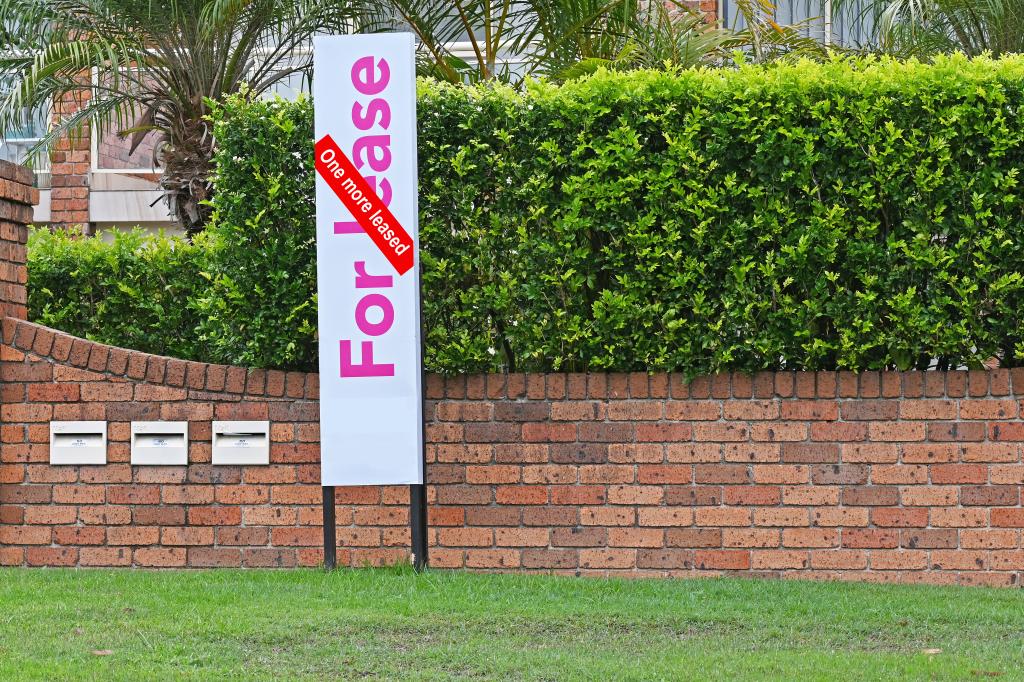
Australia is in a housing and rental crisis. The situation is dire and has never been worse, with housing prices climbing to unfathomable heights and rentals harder to find and more expensive than ever.
To find out what needs to be done, PEDESTRIAN.TV spoke to a range of experts to see what they think needs to change to get Australia out of this mess. Do we need to simply build more houses? Do we even have the resources to build the houses governments say we need? Or are policy changes more important to somehow better utilise the housing stock that already exists.
We spoke to an economist, a rental advocate and an investor to find out.
How to fix the housing crisis according to an economist
PropTrack Director of Economic Research Cameron Kusher said it all came down to two options: increasing supply or reducing demand.
It’s not just as simple as building more houses however. With materials and labour costing about 33% more than since before COVID, and huge competition over those skills and resources, it’s getting prohibitively expensive to build.
“So if the federal government wants to build 1.2 million homes over the next few years, it’s going to be extremely hard to do that,” Kusher said.
“And someones got to buy those houses,” Kusher said, adding that financial pressures were tough with mortgage rates at their highest point in 12 years.
He said a good way to add to the supply was to take a note from Queensland’s cyclone response, and get creative about ways to add to the housing stock.
“If you look at the Queensland state government, they’re taking a lot of vacant hotels, motels and retirement villages and the plan is to turn those into social housing.
“I think that’s a good way to add to housing supply. It’s cheaper than putting in new property and it gets to the market a lot quicker, so perhaps other states and territories could look at doing similar to that.”
He said as far as reducing demand went, everybody needs a home and there were limited options available, but temporary slowing migration could be considered.
“There are massive benefits to migration but if we can’t house the people coming into the country perhaps we should, at least for a short streak until we can ramp up our building capacity, slow down that rate of migration,” he said.
“But politically, it’s not going to be popular.”
How to fix the housing crisis according to a rental advocate
On the other hand, Tenants’ Union NSW CEO Leo Patterson Ross said it’s not a case of brick and mortar. He said an increase in supply was only part of the picture, with changes needed to the relationship between governments, property owners and renters.
“If were gonna take the building approach, it is possible but we’d have to build so many houses that its just not practical,” he said.
“I think what we need to do is recognise that renting and housing are essential service, and the government needs to lead the market in some way, by putting up its own supply and setting the standards.”

He said that housing needed to be treated like an essential service and that by doing so the government could enforce that people had access to what they needed. He said it would be similar to the way services such as electricity and water are provided.
“If you average it out we’ve probably already got enough properties for everybody across the country but they’re not in the right places, they’re not in the right sizes, they’re not in right condition.
“The market left alone is not doing what we need, instead it tends to deliver what is most profitable.
“It’s very hard to find a three or four bedroom apartment and that’s because it’s more profitable to build two or three one-bedroom units. So the market is not delivering what we need.”
He said if governments treated housing as an essential service rather than a business, laws would change to ensure it was always accessible. He said that if you look at electricity, for example, as an essential service it is always available, with people not just cut off if they can’t afford it.
The pricing of essential services was also heavily controlled, going through multiple stages and tribunals to prevent price gouging. Ross said that, by adopting this approach, the same results were possible for housing.
How to fix the housing crisis according to an investor
InvestorKit Director and Head of Research Arjun Paliwal said sector mobility was a key part of freeing up housing. He said construction, while useful, was only part of the story, and we needed to get people moving around in stock that already exists.
“The biggest issue for housing stock in Australia is not the aspects to construction and rent and that sort of thing, they play a part, but the biggest issue is the amount of reduction in existing supply for sale,” he said.
“Australia has 30% less listings for sale than it did five years ago.”

He also said that governments needed to remove barriers to make it easier for people to invest.
“So if banks and governments keep limiting the profitability and making it hard for investors, less investors will participate,” he said.
“In the short-term, renters win because renters can transition to buyers with less competition. But remember there’s always more renters entering the pool.
“So with more renters, the pool keeps shrinking and if the pool keeps shrinking rents increase. Then it becomes a rental crisis.”
He called the government’s goal of 1.2 million houses “impossible” to meet.
“The greatest driver to unlocking houses sits with established listings. There are over 10 million dwellings in country, if you have 30% increase of active listings, you can just see how much things would improve.”
He said by making it easier to invest, more properties would become available and it would be easier for everyone to move around the market.
He agreed that construction was absolutely key, saying Australia “definitely” needed to build more houses, but said making it easier for people to buy a house would allow mobility across the market.
With more mobility, people would be able to buy houses to rent, renters could more easily become home owners, and people wanting to upsize or downsize their houses could do so more easily.
Ultimately, the consensus of housing experts is that although construction is absolutely key, the best way to ease the housing crisis is to make better use the housing stock that already exists. But just how we utilise that stock is where opinions differ.



